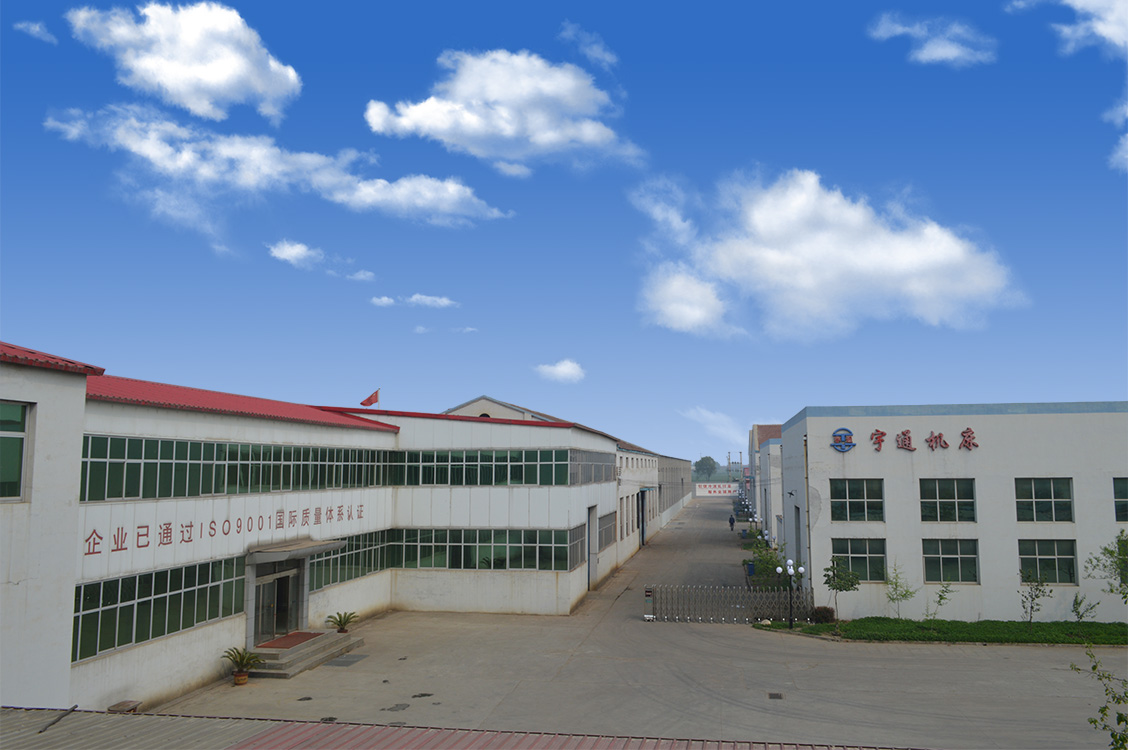
-
 Afrikaans
Afrikaans -
 Albanian
Albanian -
 Amharic
Amharic -
 Arabic
Arabic -
 Armenian
Armenian -
 Azerbaijani
Azerbaijani -
 Basque
Basque -
 Belarusian
Belarusian -
 Bengali
Bengali -
 Bosnian
Bosnian -
 Bulgarian
Bulgarian -
 Catalan
Catalan -
 Cebuano
Cebuano -
 Corsican
Corsican -
 Croatian
Croatian -
 Czech
Czech -
 Danish
Danish -
 Dutch
Dutch -
 English
English -
 Esperanto
Esperanto -
 Estonian
Estonian -
 Finnish
Finnish -
 French
French -
 Frisian
Frisian -
 Galician
Galician -
 Georgian
Georgian -
 German
German -
 Greek
Greek -
 Gujarati
Gujarati -
 Haitian Creole
Haitian Creole -
 hausa
hausa -
 hawaiian
hawaiian -
 Hebrew
Hebrew -
 Hindi
Hindi -
 Miao
Miao -
 Hungarian
Hungarian -
 Icelandic
Icelandic -
 igbo
igbo -
 Indonesian
Indonesian -
 irish
irish -
 Italian
Italian -
 Japanese
Japanese -
 Javanese
Javanese -
 Kannada
Kannada -
 kazakh
kazakh -
 Khmer
Khmer -
 Rwandese
Rwandese -
 Korean
Korean -
 Kurdish
Kurdish -
 Kyrgyz
Kyrgyz -
 Lao
Lao -
 Latin
Latin -
 Latvian
Latvian -
 Lithuanian
Lithuanian -
 Luxembourgish
Luxembourgish -
 Macedonian
Macedonian -
 Malgashi
Malgashi -
 Malay
Malay -
 Malayalam
Malayalam -
 Maltese
Maltese -
 Maori
Maori -
 Marathi
Marathi -
 Mongolian
Mongolian -
 Myanmar
Myanmar -
 Nepali
Nepali -
 Norwegian
Norwegian -
 Norwegian
Norwegian -
 Occitan
Occitan -
 Pashto
Pashto -
 Persian
Persian -
 Polish
Polish -
 Portuguese
Portuguese -
 Punjabi
Punjabi -
 Romanian
Romanian -
 Russian
Russian -
 Samoan
Samoan -
 Scottish Gaelic
Scottish Gaelic -
 Serbian
Serbian -
 Sesotho
Sesotho -
 Shona
Shona -
 Sindhi
Sindhi -
 Sinhala
Sinhala -
 Slovak
Slovak -
 Slovenian
Slovenian -
 Somali
Somali -
 Spanish
Spanish -
 Sundanese
Sundanese -
 Swahili
Swahili -
 Swedish
Swedish -
 Tagalog
Tagalog -
 Tajik
Tajik -
 Tamil
Tamil -
 Tatar
Tatar -
 Telugu
Telugu -
 Thai
Thai -
 Turkish
Turkish -
 Turkmen
Turkmen -
 Ukrainian
Ukrainian -
 Urdu
Urdu -
 Uighur
Uighur -
 Uzbek
Uzbek -
 Vietnamese
Vietnamese -
 Welsh
Welsh -
 Bantu
Bantu -
 Yiddish
Yiddish -
 Yoruba
Yoruba -
 Zulu
Zulu
types of thread rolling machine product
Types of Thread Rolling Machines An Overview
Thread rolling machines are essential tools in the manufacturing industry, used to create high-strength threads on various materials, particularly metals. These machines employ a method known as cold working, where the material is deformed under pressure to create threads, thereby enhancing their strength and durability. Understanding the different types of thread rolling machines can help manufacturers choose the best suited for their production needs.
1. Flat Die Thread Rolling Machines This type of machine is equipped with two flat dies that hold the workpiece between them. The dies roll over the material, deforming it to form the desired thread profile. Flat die machines are ideal for producing precision threads on smaller batches of parts, making them suitable for custom or low-volume production.
2. Circular Thread Rolling Machines These machines use cylindrical dies that can roll around the workpiece. They are efficient for high-volume production and can handle longer components more easily. Circular machines provide uniform thread profiles and are commonly used in industries where speed and consistency are paramount, such as automotive and aerospace manufacturing.
types of thread rolling machine product

3. Centerless Thread Rolling Machines Centerless machines enable rolling of irregularly shaped materials, as they do not require the workpiece to be clamped in a specific position. This versatility makes them perfect for mass production of complex thread designs. The design allows for rapid processing, significantly reducing cycle times.
4. Multi-Station Thread Rolling Machines These advanced machines feature multiple rolling stations that can perform different operations simultaneously. They provide high throughput for various thread sizes and are tailored for applications needing intricate thread patterns. Multi-station machines contribute to maximizing efficiency in large-scale manufacturing setups.
5. Robotic Thread Rolling Systems The integration of robotics into thread rolling machines represents the latest advancement in this technology. These systems provide flexibility and precision, capable of adapting to changes in production requirements quickly. Robotic systems are particularly useful in modern factories aiming for smart manufacturing and automation.
In conclusion, the selection of a thread rolling machine depends on several factors, including production volume, material type, and desired thread specifications. Manufacturers must consider their specific needs to choose the most effective machine, ultimately enhancing their operational efficiency and product quality. Understanding the various types of thread rolling machines is vital for optimizing production processes and achieving superior results in the competitive manufacturing landscape.
